Unveiling Ancient Secrets at the Italian-French Border
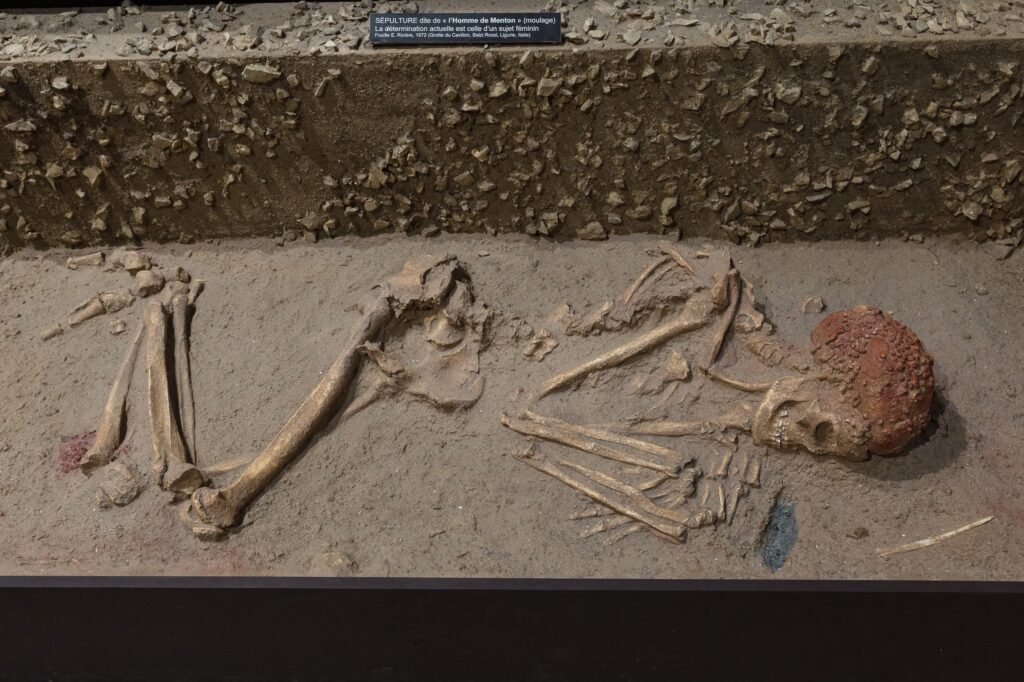
In the rugged cliffs straddling Italy and France, a series of caves known as the Balzi Rossi (or Grimaldi Caves) have captivated archaeologists for over a century. These natural caverns, nestled along the Mediterranean coast, hold within their rocky chambers a treasure trove of prehistoric artifacts and human remains that continue to reshape our understanding of our ancient ancestors.
The Lady of Caviglione: A Gravettian Mystery
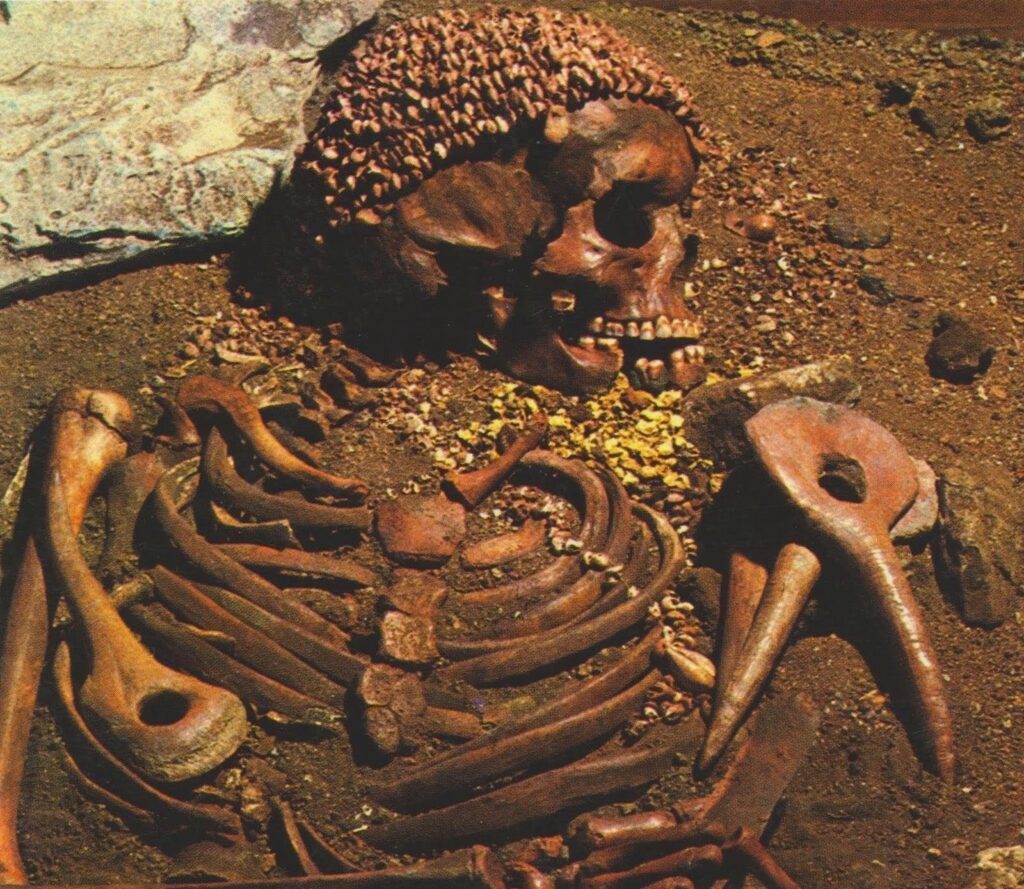
Our story begins in the 1870s, when a French doctor named Emile Rivière made a remarkable discovery. Nestled within one of the caves, he unearthed the remains of a woman, carefully adorned with ornaments and surrounded by grave goods. This “Lady of Caviglione,” as she came to be known, offered a rare glimpse into the burial practices of the Gravettian people who lived some 24,000 years ago.

The Venus Figurines: Art from the Dawn of Humanity
But it was in 1883 that the Balzi Rossi truly captured the world’s imagination. Louis-Alexandre Jullien, a merchant from Marseille, working alongside local enthusiast Stanislas Bonfils, uncovered something extraordinary: small statuettes of nude female figures, unlike anything seen before from the Paleolithic era.
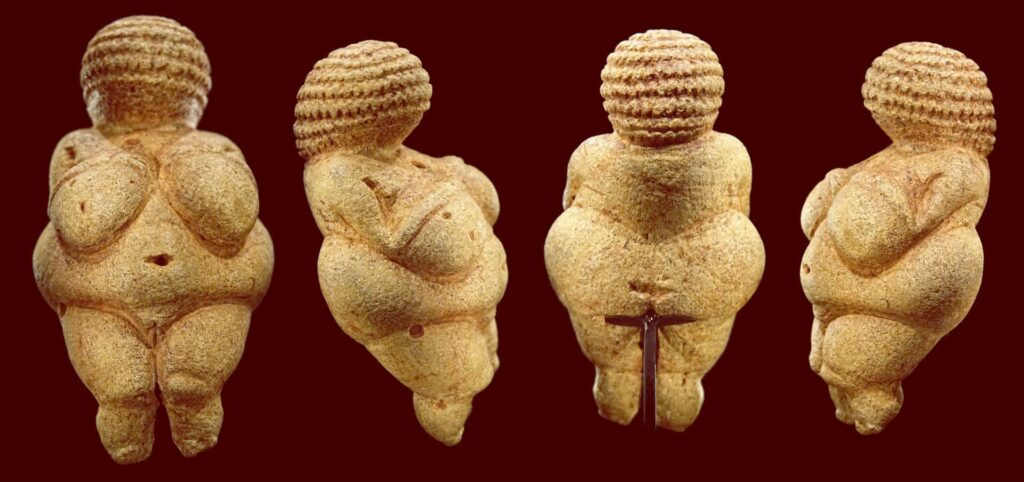
These “Venus figurines,” as they would come to be called, caused a sensation. Jullien, initially skeptical that his finds would be believed, tried to keep them secret. Eventually, word spread, and the figurines found their way into prestigious museums and private collections.
Lost and Found: The “Mothers of Time”
Jullien’s excavations yielded an astounding collection of over 15 Venus figurines. After his death, these priceless artifacts vanished, lost to time for decades. It wasn’t until the 1980s and 1990s that they resurfaced, eventually reunited and exhibited as the hauntingly beautiful “Mothers of Time” collection.
A Living Museum of Human Evolution
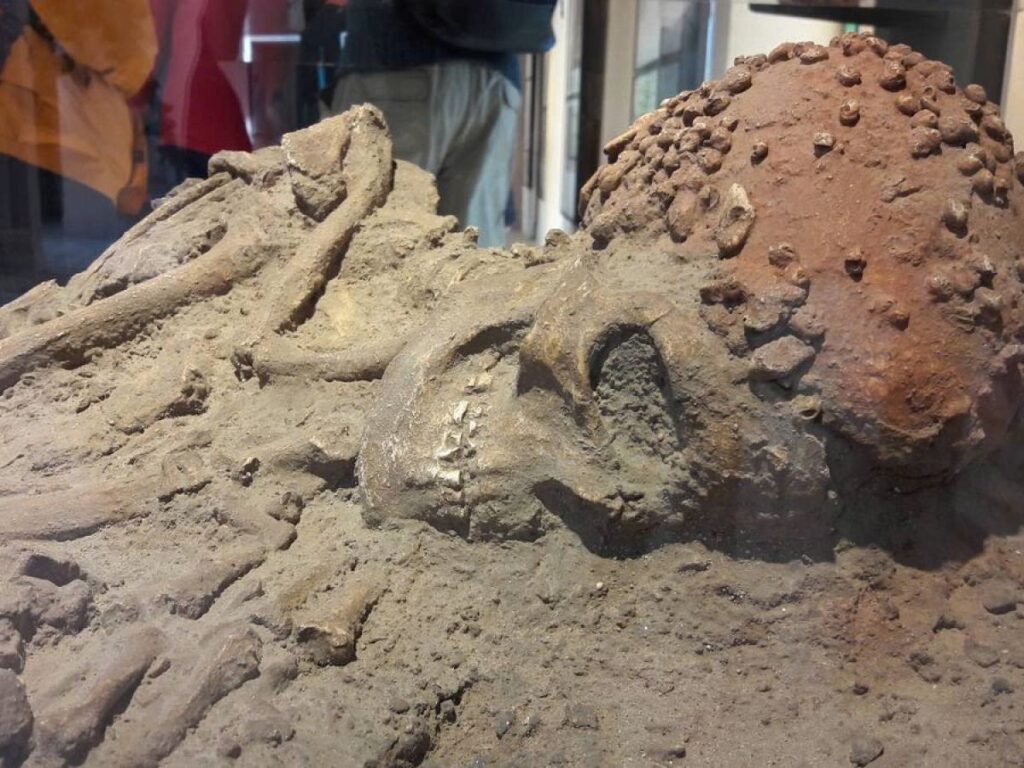
The Balzi Rossi caves are more than just a repository of art and artifacts. Their layers of sediment tell a story spanning tens of thousands of years, from the time of Neanderthals to the early modern humans who would become our direct ancestors. Elaborate burials, delicate cave engravings, and stone tools all paint a picture of the rich spiritual and cultural lives of these ancient people.
Continuing Discoveries
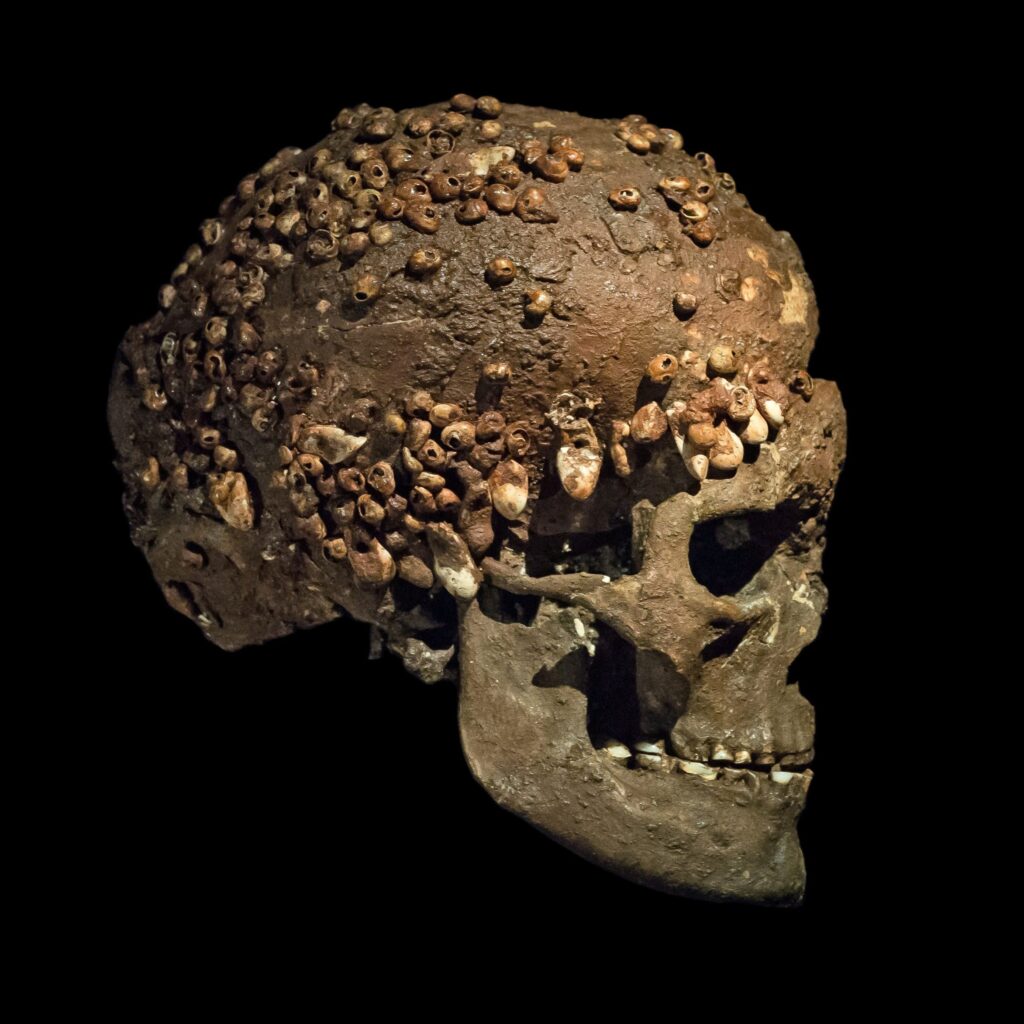
Today, the Balzi Rossi continues to yield its secrets. Ongoing excavations and research promise to shed even more light on the critical period when modern humans first established themselves in Europe. As we uncover more about the lives of those who sheltered in these caves millennia ago, we gain a deeper appreciation for the ingenuity, artistry, and humanity that have defined our species since its earliest days.
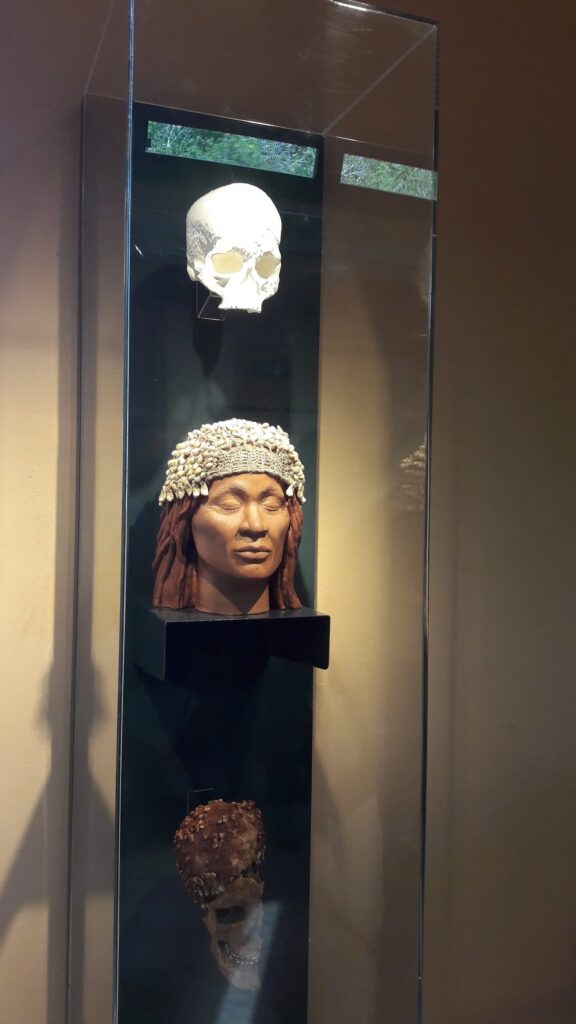
The story of the Balzi Rossi caves is far from over. Each discovery brings us closer to understanding our distant past, reminding us that the human journey is one of constant wonder and revelation.

